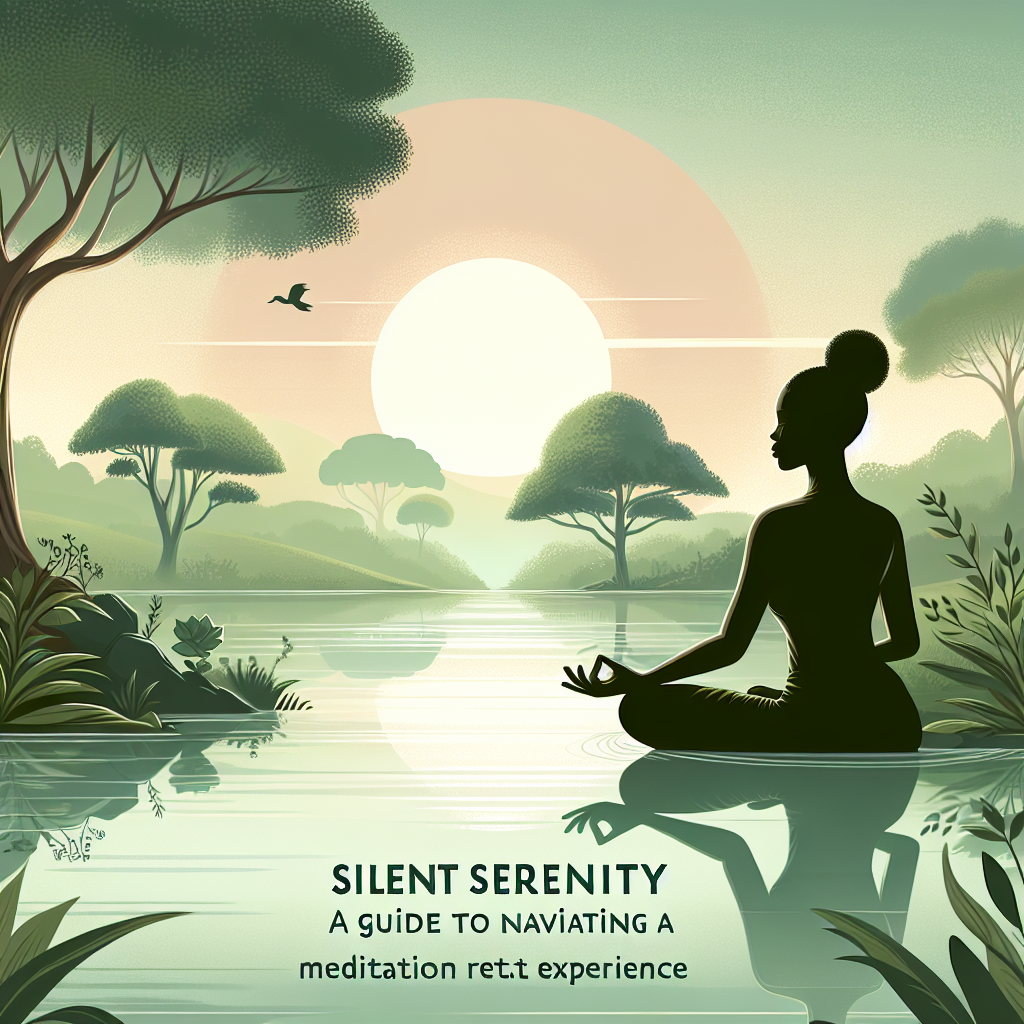meditation is a powerful practice that has been used for centuries to cultivate focus, inner peace, and overall well-being. While it may seem like a simple act of sitting quietly with closed eyes, the benefits of meditation are profound and can transform both your mind and body. In this article, we will explore the power of meditation and how it can positively impact your life.
Meditation has been practiced in various forms by different cultures around the world for thousands of years. The roots of meditation can be traced back to ancient Hindu and Buddhist traditions, where it was used as a tool for spiritual awakening, enlightenment, and self-discovery. Today, meditation has gained popularity in the Western world as a means of reducing stress, improving focus, and promoting overall health and well-being.
One of the key benefits of meditation is its ability to calm the mind and reduce stress. In today’s fast-paced world, many of us are constantly bombarded with stimuli and distractions that can overwhelm our minds and lead to feelings of anxiety and stress. Meditation provides a way to quiet the mind and cultivate a sense of inner peace, allowing us to let go of worries and fears and focus on the present moment.
The practice of meditation involves focusing on the breath, a mantra, or a specific object, while allowing thoughts and feelings to come and go without judgment. By observing our thoughts and emotions without getting caught up in them, we can develop greater awareness and control over our mental processes. This can help to reduce the frequency and intensity of negative thoughts and emotions, leading to a greater sense of calm and balance.
In addition to reducing stress, meditation has been shown to have a wide range of physical benefits as well. Studies have found that regular meditation practice can lower blood pressure, improve cardiovascular health, boost immune function, and reduce inflammation in the body. Meditation has also been found to improve sleep quality, increase energy levels, and promote overall feelings of well-being and vitality.
Another powerful effect of meditation is its ability to improve focus and concentration. By training the mind to stay present and focused on a single point of attention, meditation can enhance cognitive function and mental clarity. This can be especially beneficial for those who struggle with distractibility or have difficulty concentrating on tasks. With regular meditation practice, you may find that you are able to stay more focused and productive throughout the day.
Meditation can also have a profound impact on our emotional well-being. By cultivating a sense of mindfulness and self-awareness, we can become more in tune with our thoughts and emotions and develop greater resilience in the face of life’s challenges. Meditation can help us to respond to difficult situations with greater equanimity and compassion, rather than reacting impulsively out of fear or anger. This can lead to improved relationships, greater emotional stability, and a greater sense of inner peace.
In addition to its mental and physical benefits, meditation has also been shown to have a positive impact on spiritual growth and self-discovery. By delving deep into our own inner landscape through meditation, we can connect with our true nature and uncover our deepest desires and passions. This can lead to a greater sense of purpose and fulfillment in life, as we align our actions with our deepest values and aspirations.
Overall, the power of meditation lies in its ability to transform our minds and bodies from the inside out. By practicing meditation regularly, we can cultivate a sense of inner peace, reduce stress, improve focus, enhance emotional well-being, and connect with our true selves. Whether you are new to meditation or have been practicing for years, the benefits of this ancient practice are undeniable.
FAQs:
1. How long do I need to meditate to see results?
The amount of time required to see results from meditation can vary from person to person. Some people may experience benefits after just a few minutes of practice, while others may need to meditate for longer periods to notice a difference. It is recommended to start with 5-10 minutes of meditation per day and gradually increase the duration as you become more comfortable with the practice.
2. Do I need to sit in a specific posture to meditate?
While there are traditional meditation postures such as sitting cross-legged on the floor or kneeling on a cushion, the most important thing is to find a posture that is comfortable for you. You can meditate while sitting in a chair, lying down, or even walking. The key is to maintain a straight spine and relaxed body so that you can focus on your breath or mantra without distraction.
3. Can I meditate if I have a busy schedule?
Absolutely! Meditation can be practiced anytime, anywhere, and does not require a large time commitment. Even just a few minutes of meditation each day can have a positive impact on your mental and physical well-being. You can incorporate meditation into your daily routine by setting aside time in the morning or before bed, or by using short meditation breaks throughout the day to help you stay calm and focused.
4. Can meditation cure mental health conditions such as anxiety or depression?
While meditation can be a helpful tool for managing symptoms of anxiety and depression, it is not a cure-all for mental health conditions. It is important to seek professional help if you are struggling with a mental health issue and to work with a therapist or counselor to develop a holistic treatment plan. Meditation can be used as a complementary practice to support your mental health, but should not be relied upon as the sole treatment for serious conditions.




Leave A Comment